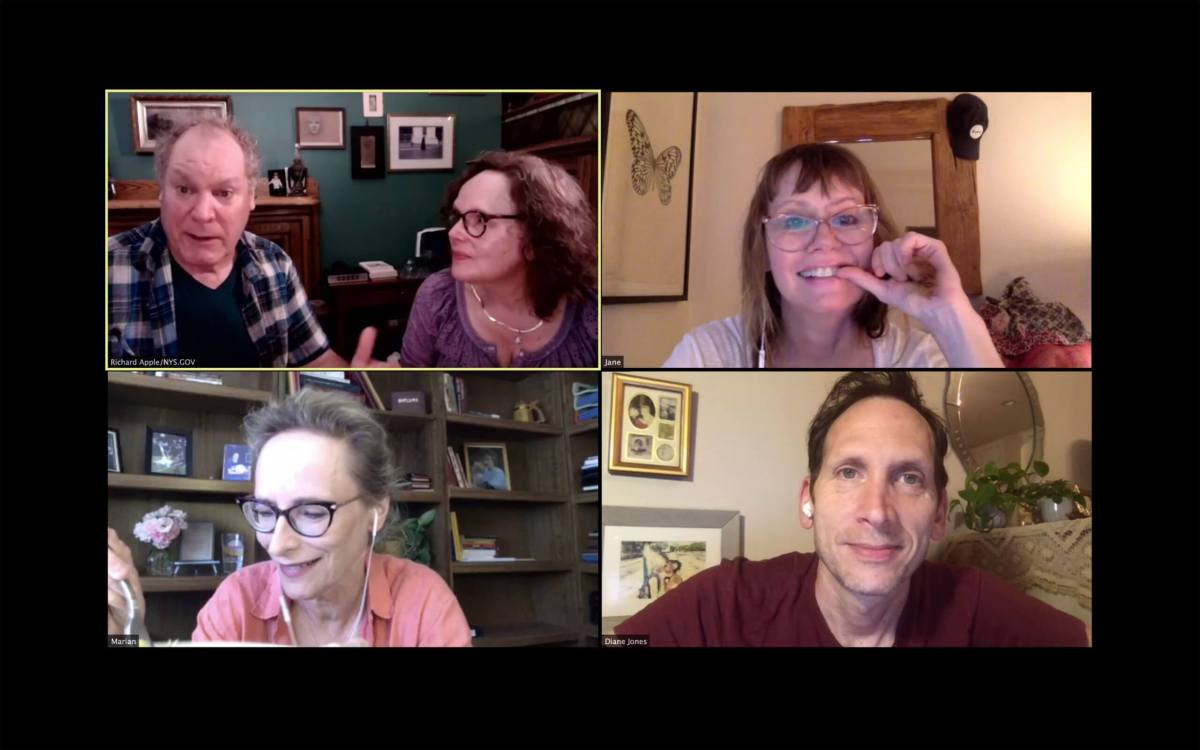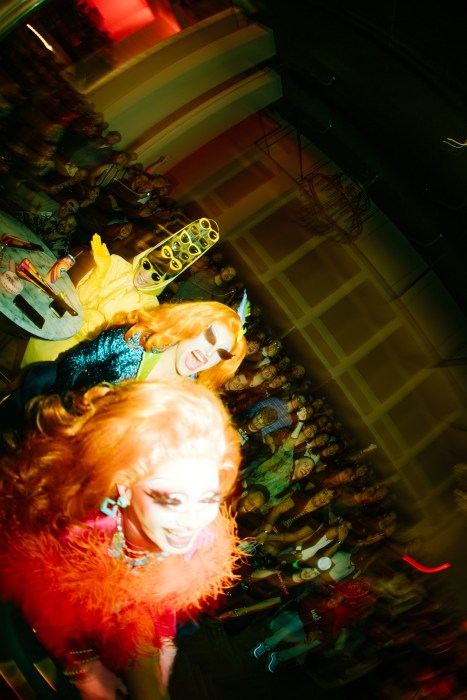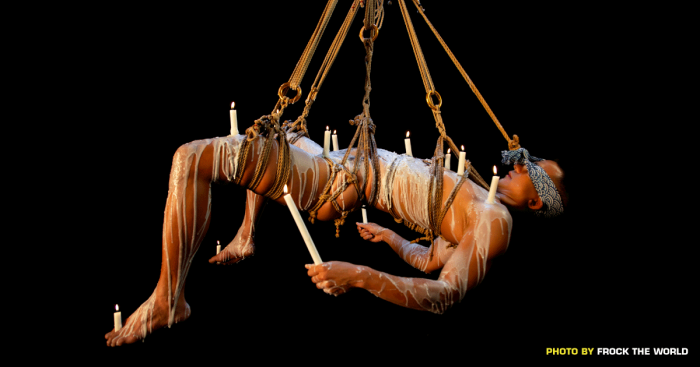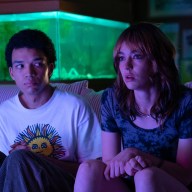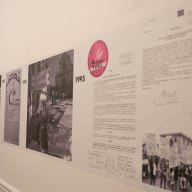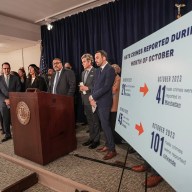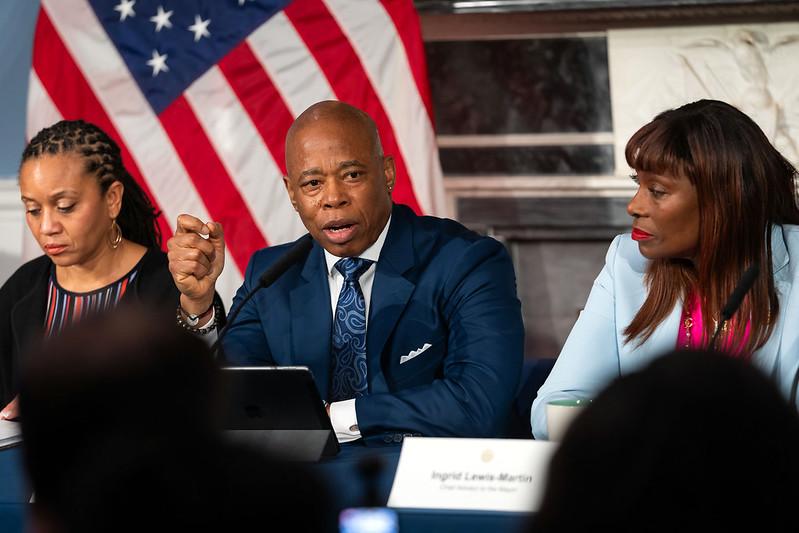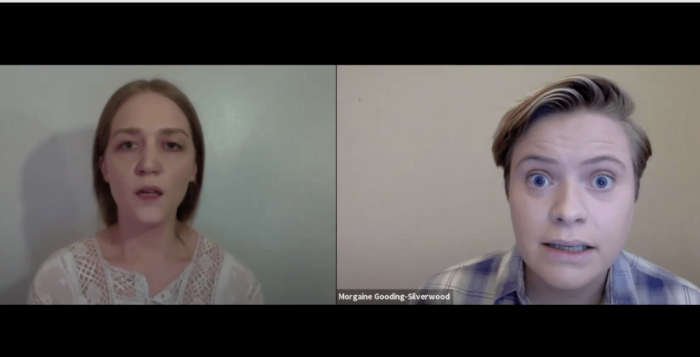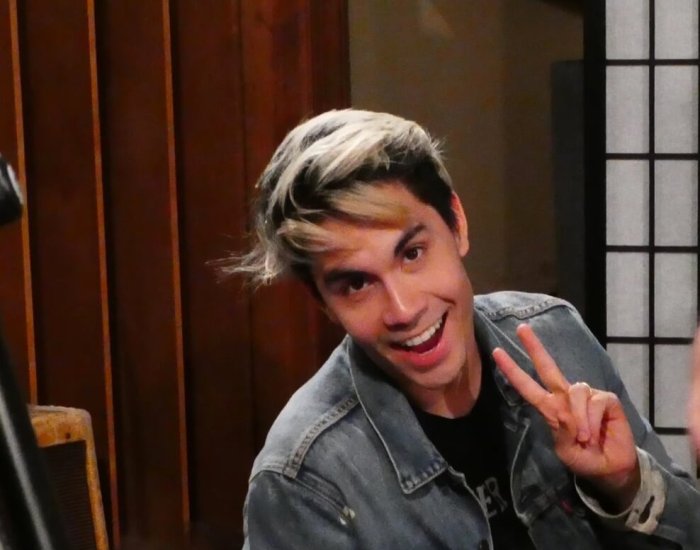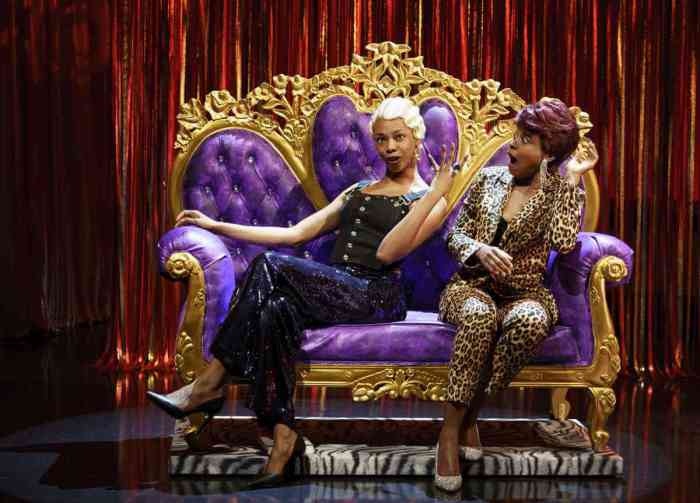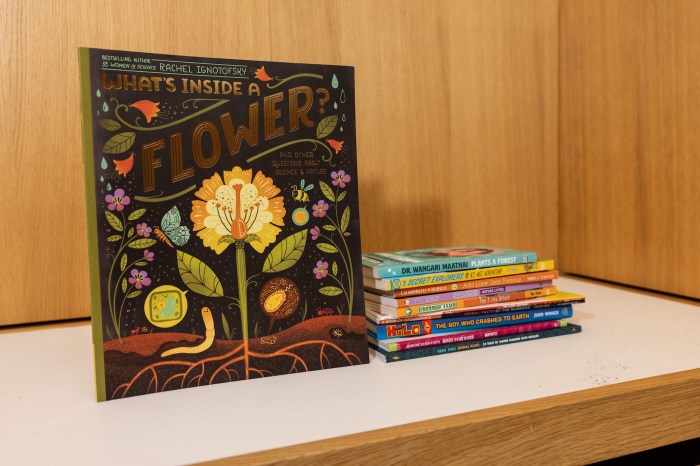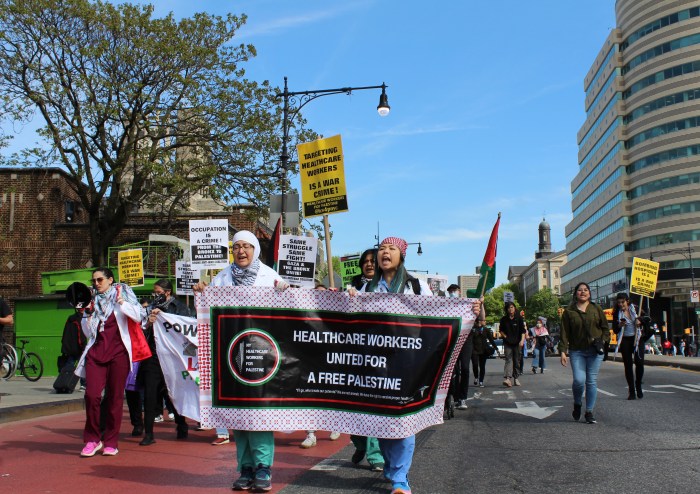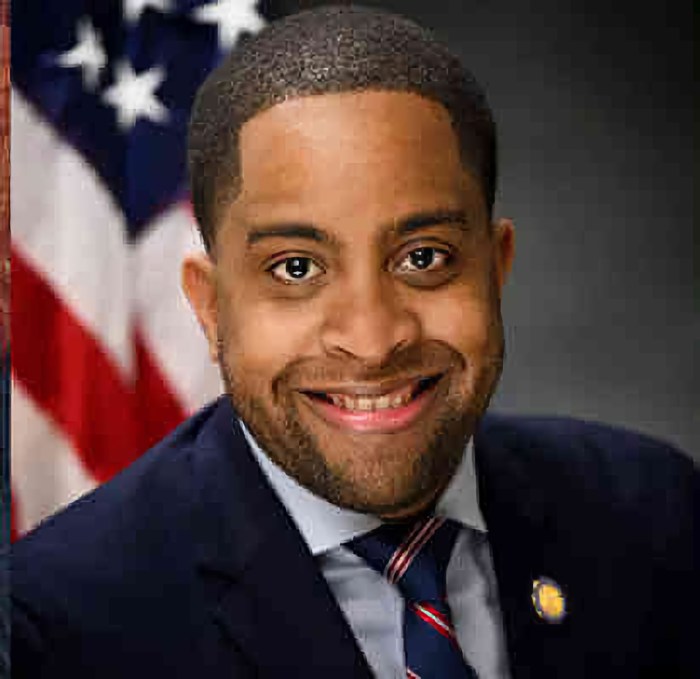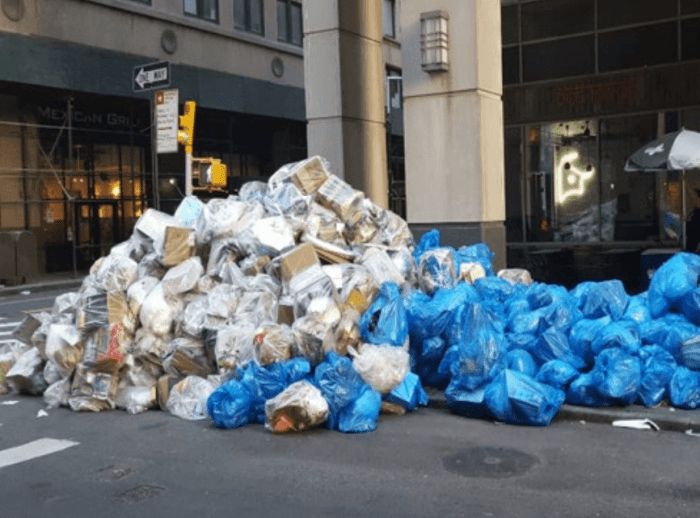The coronavirus continues to wreak havoc on the economy, the nation’s health, and the political scene, and everyone is caught in the crossfire. A simple trip to the store or to pick up take-out can feel like crossing a minefield.
If the public health crisis isn’t enough, there is political unrest with the eruption of a long-overdue demand for an end to systemic racism — and the removal of the icons that celebrate it. Our so-called leader prevaricates, distorts, and promotes disinformation, only further dividing the country.
One can’t help feel that “the dread” Terrence McNally wrote about in 1964 in “And Things That Go Bump in the Night” is no longer an abstract conceit but is, indeed, a terrifying reality. It is out there, and it will get us. We are in the midst of an historic time of upset and transformation of a magnitude few of us have ever experienced.
We’ve hidden in fear of an unseen deadly virus — and with it now apparent there is no end in sight, what is the impact no only on our daily lives but on our long-term emotional well-being? Will we all have some form of PTSD if we make it through to the other side?
Into this maelstrom of trauma comes again the Apple family, in a second play written for Zoom by Richard Nelson. As they did in April in the first of these, “What Do We Need to Talk About?,” the Apples have assembled on Zoom to share a meal and catch up in “And So We Come Forth: The Apple Family: A Dinner on Zoom,” which will be available on YouTube until the end of August.
Eight weeks after we last saw them, the Apple siblings — Richard and Barbara, sheltered together in Barbara’s house in Rhinebeck, Marian in her own house, Jane in another part of town refusing to leave except to walk the dog, and her boyfriend Tim visiting his ex-wife in Brooklyn for their daughter’s graduation — talk of their daily lives, their worries, how they’re managing. Or not.
Marian bemoans that she hasn’t touched another human being in months, even for a pat on the shoulder. She looks into the camera and says, “This is not the same.” Tim worries that his daughter needs to come stay with Jane and him in Rhinebeck, along with a friend, because life in Brooklyn has gotten tense. Barbara is rejected by her former students as she tries to connect by text, and Richard muses over a story of how two grown sons desperate to clean out a house they have sold are about to throw all their dead father’s papers in a dumpster. Just before they do, they call their father’s college roommate, who realizes that this is a trove of valuable literary papers.
As Richard says, “Pretty much everything, to me, now feels up in the air. And unreal. Unsettled. Uncertain. And there’s the worry, isn’t there, that anything and everything could end up in that fucking dumpster?”
Plot has never been central to any of Nelson’s plays. Events occur, but what is always more important is how the characters respond or react and the dynamics of the personal relationships. The Apples are highly educated — teachers, writers, and a lawyer — but struggling financially and in other plays their lives have been seen against the backdrop of a dynamic society. “And So We Come Forth” is no different, though the change they are surrounded with is mysterious. There are passing references to the political scene outside their doors, but Nelson carefully keeps the focus on the family and their interactions. As in his other plays, audience members, like the Apples, are only too aware of what’s going on in the world at large.
Tone is also central Nelson’s work, and this play is more rueful than the previous Zoom piece. It’s very subtle, but the sense of time having passed for the Apples, as well as for the audience, and the attendant stresses are beautifully conveyed. At the same time, Nelson, who also directed, beautifully illuminates the sibling relationships and stages the piece so that one feels they’re with their own family on Zoom. People walk out of the frame, interact with the camera, and behave like many people do on these calls.
Nelson’s work defines theatrical naturalism with a keen attention to details of behavior. The effect is kind of a balm to the audience as we identify with the family’s unease, uncertainty, and unfamiliar emotions. There is a sense that grief is always just below the surface, but the Apples are determined to make the best of it for themselves and for one another.
The cast is the same as it’s been for all the Apple plays, and in this case, familiarity breeds deep affection. Jay O. Sanders and Maryann Plunkett are Richard and Barbara (married in real life, the two actors appear in the same frame), Laila Robins is Marian, Sally Murphy is Jane, and Stephen Kunken is Tim. Together, this ensemble illuminates the well-worn relationships of siblings over time: the love, the caring, the frustrations, the pettiness — in fact all the complexities of a family. They are all so at home in these characters that even the smallest nuance of behavior is telling and noticed by the others. At one point when Marian reaches for the screen because she cannot touch anyone, that simple gesture is profoundly moving. The specificity and detail of each of the performances is what makes these plays work on Zoom.
At one point near the end of the 60-minute piece, the family ponders what’s next and they marvel at what we as a culture have done to ourselves. They wonder about what will be important when this is all over. They ask whether art will still be important as part of the human experience in whatever the new world there will be after this. The Apples don’t have an answer. However, this play is itself the answer. Art will be more important than ever when we can finally move on and be more fully ourselves.
AND SO WE COME FORTH: The Apple Family: A Dinner on Zoom | Available on YouTube through Aug. 31: youtube.com/watch?v=kY2p-CDNnYM | Free, but the presentation aims to raise funds for The Actors Fund, assisting tens of thousands of theater professionals affected by shutdowns related to the coronavirus; donate at actorsfund.org.

